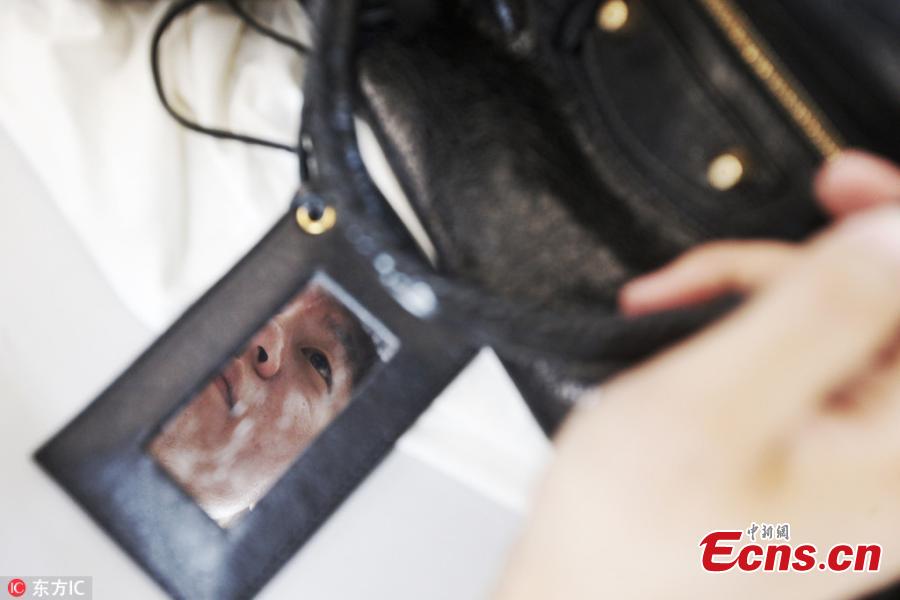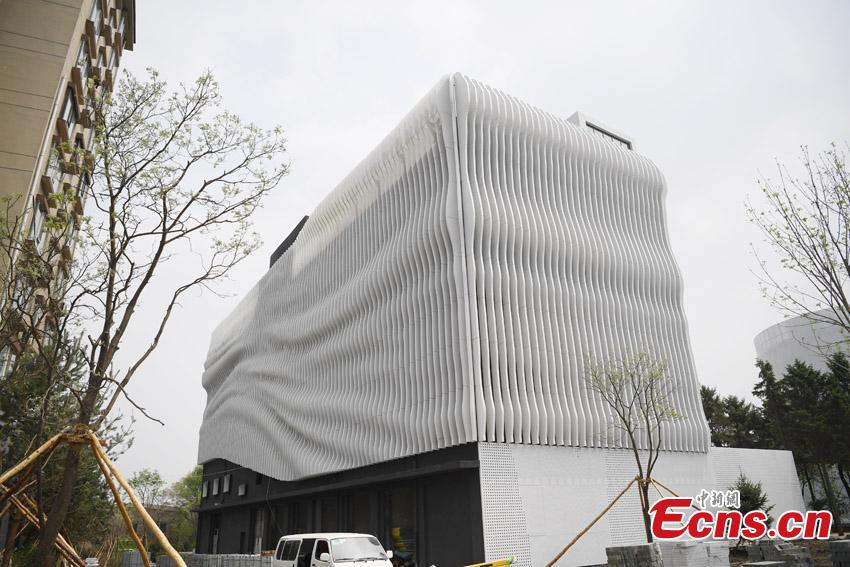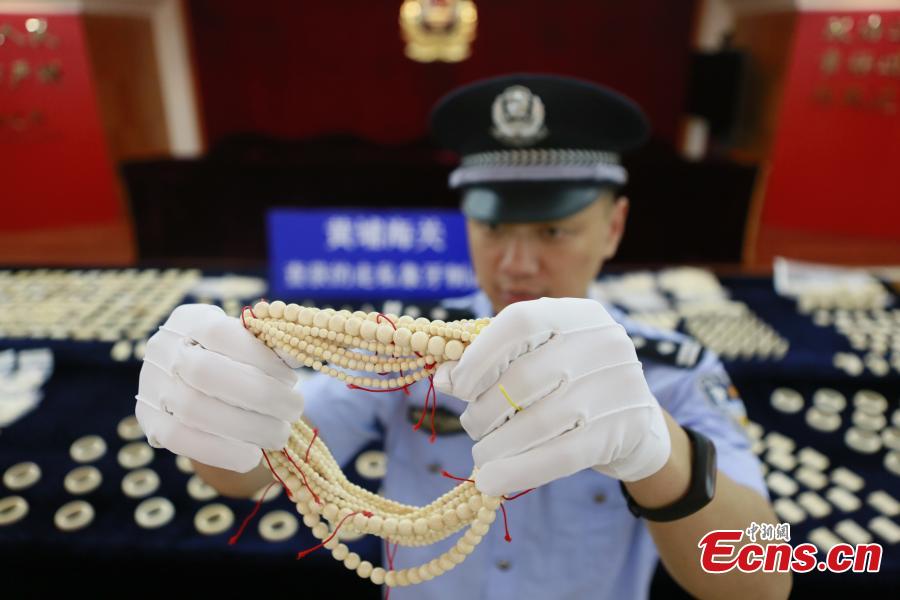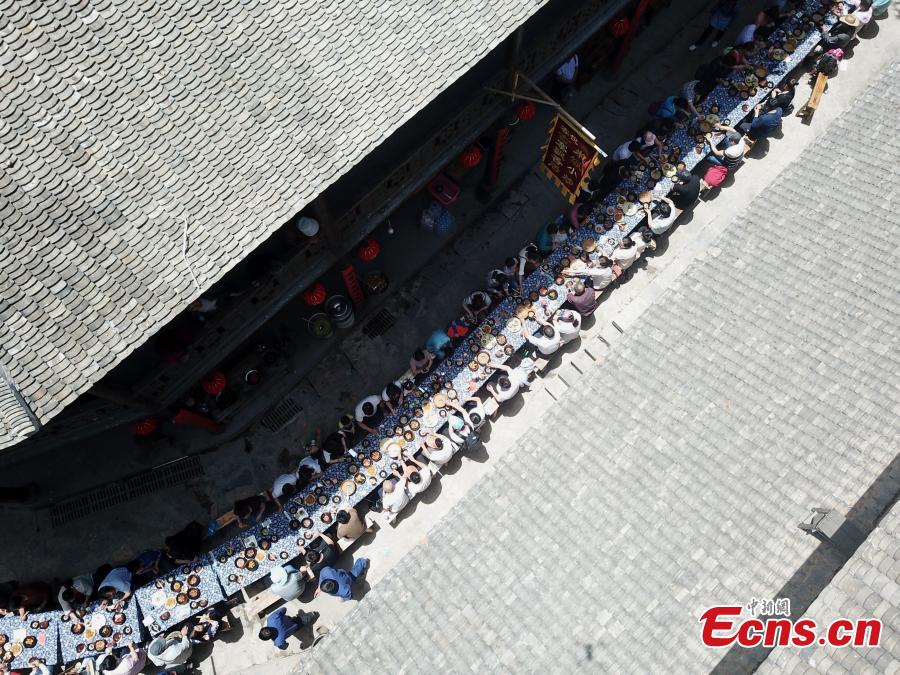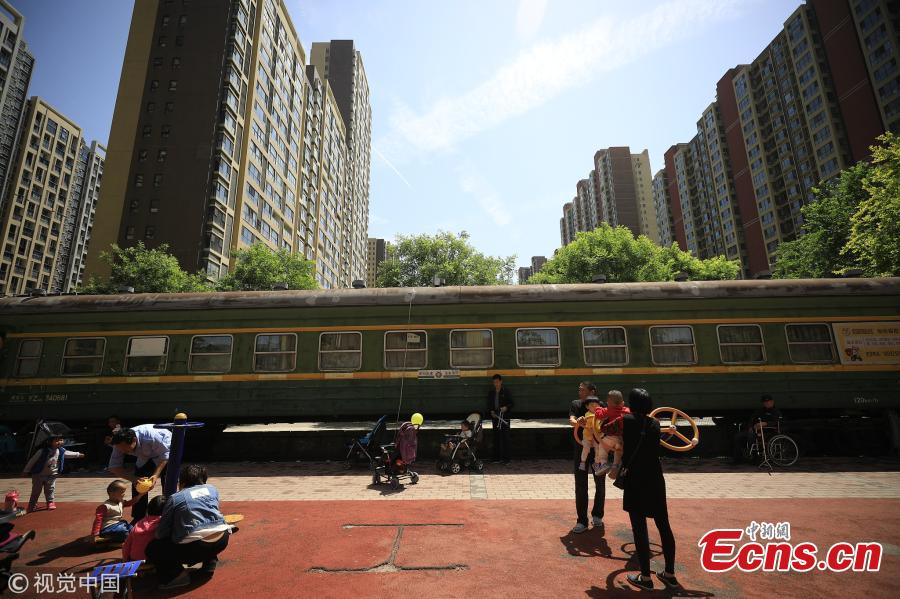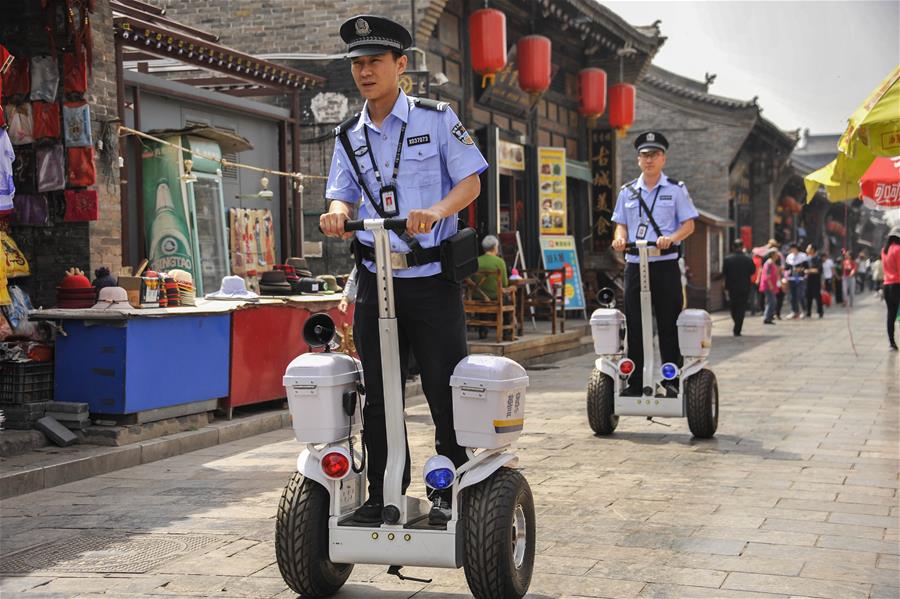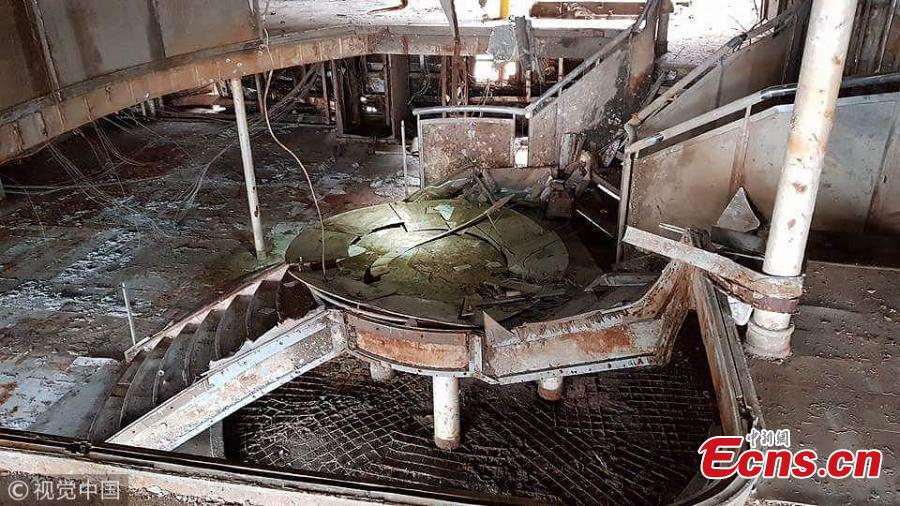○ Foreign firms are falling out of privilege in the Chinese market and many are moving out of Beijing's central business area.
○ Competing with domestic companies that can provide better salary and career future, foreign companies struggle to retain talents.
When there were two job offers - Chinese company Huawei and French enterprise Schneider Electric - given to Meng Lei for her choice, she firmly put her hands on the domestic one, Huawei, a leading information and communication technology (ICT) solutions provider in China.
"Foreign-owned firms had long been our favorite choice because of their fashionable lifestyle and advanced management. But in recent years, we turned to domestic companies that are more prominent in the sunrise industry," Meng, a graduate of Peking University, told the Global Times. "Their competitive strength over foreign companies is apparent to us."
Due to its attractive payments and bonuses, Meng said that such an offer would be a great stepping-stone to a bigger and better career path.
In a recent report released by LinkedIn, Chinese graduates' ranking of foreign employers dropped below that of State-owned enterprises and promising Chinese private enterprises, especially those in the TMT (telecommunications, media and technology) industry.
Meanwhile, as more domestic brands are expanding their market share, multinationals, once considered the "front runners," now have to seek new strategies, including layoffs, to survive in the Chinese market.
In 2017, US tech giant Seagate Technology announced the closure of its largest HDD hub worldwide, located in Suzhou, East China's Jiangsu Province. Oracle, a US technology conglomerate, has reportedly cut more than 200 jobs at its research and development center in Beijing; Global digital industrial company General Electric recently announced it would shut down its Shanghai technology center, with thousands of layoffs.
With more multinationals joining the list, many have started to worry that life for foreign investors is becoming increasingly difficult in China.
Goodbye, Guomao
About a decade ago, the logos of HP and Motorola glittered on the buildings that they owned or named in Guomao, an area at the center of Beijing's CBD. The early stage of China's telecom industry was their golden period.
Over the past 30 years, the gleaming high-rises in Guomao have gathered an array of well-known foreign-owned enterprises that tapped into the Chinese market. Guomao, which is referred to as the Manhattan of China, hosts a number of Fortune Global 500 brands, such as Apple, Shell, Sumitomo Mitsui and HSBC's China office.
During the boom years, more than 170 out of the world's Top 500 gathered here, with over 400,000 people working within a 10-square-kilometer area. Recent years, however, have witnessed these same companies fleeing downtown Beijing to less central locations such as Wangjing and Yizhuang due to unbearable rents.
The moving-out list contains many big brands such as Intel, Yahoo, Mercedes, HP, Motorola and Alston. Meanwhile, the number of home-grown firms moving in to Guomao has increased proportionally.
Savills, one of the world's leading real estate firms, told media that foreign firms in China have a harder time paying rent than domestic businesses with an adequate budget. The tight rent budget to some extent reflects the sluggish status of some foreign enterprises.
Zhang Yong, the manager of a large transnational pharmaceutical company, told the Beijing-based media Daily People, that their team-building outing to Australia has been moved to Sanya, South China's Hainan Province, to lower their budget. Moreover, their year-end prize for most outstanding employee has been decreased from a free trip-for-two to Europe to a cell phone.
A company's year-end bonus has always been regarded by employees as a barometer of corporate profits. Amazon China, when going through its darkest moments, first switched its year-end bonus from high-end vintage red wine to Chinese olive oil, then to a portable phone battery charger, according to the Daily People.
A woman who worked at Amazon China for two years said that Amazon's retail sector in China has been unable to stop its losses in recent years, shrinking its market share from 20 percent (its most prosperous year) to just 0.6 percent at present.
"Last year our year-end party was even cancelled because of our poor profits," she said.















